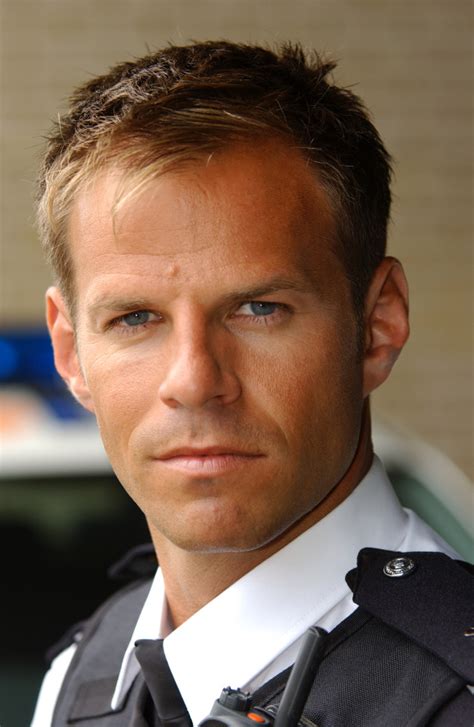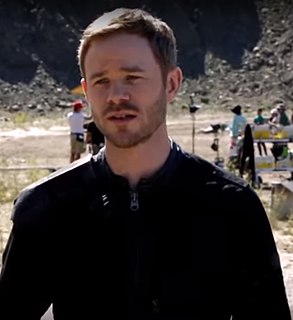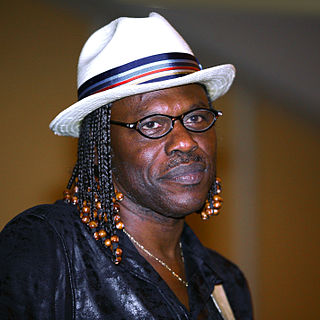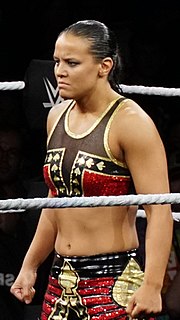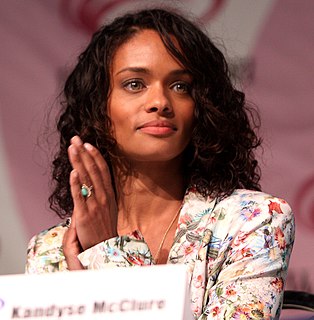A Quote by Liu Cixin
In my youth, when I tried to plan for the future, I had wished to be an engineer so I could get work with technology while writing sci-fi after hours. I figured that if I got lucky, I could then turn into a full-time writer.
Related Quotes
I've actually found that most of my jobs have been in sci-fi. I realized it because sci-fi has the biggest fan following. Every time I do a play in London all these sci-fi fans come out. They ask me to sign things from all these little projects that I did. I hadn't even made the connection. It doesn't always have a spaceship and guns; sci-fi has been projected on in someway. I did Never Let Me Go, which is sort of Star Trek-y. It's about the future and training humans. It's sci-fi too. It's such a broad umbrella.
I made the rules I figured I could be the one to break them. I thought I would write about xenophobia, a hatred of foreigners. After I stated writing the story there was not a foreigner to be had. I did not want to just stick one in there so I could get a title out of it since it seemed like cheating. I never figured out how I could get out of this dilemma so I just called it X and weaved X traits into the story.
At the school where I went you were able to check out instruments like you check out a library book, if your parents signed for you and vouched for you. Then after you had it for a little while you could decide if you were interested in taking lessons or you could also get your own gear. Or you could turn that instrument in for another one and try something else. So that's how I got my hands on the guitar.
And so when I moved to IBM, I moved because I thought I could apply technology. I didn't actually have to do my engineer - I was an electrical engineer, but I could apply it. And that was when I changed. And when I got there, though, I have to say, at the time, I really never felt there was a constraint about being a woman. I really did not.
While the fictional realm as such allows for the obstacles of present-day politics to be altered, neglected, and negotiated at will, sci-fi seems to embody ideals, expectations, and fears of the future that are quite adequate for describing the Palestinian predicament. Somehow managing to fuse nostalgia and hopes for a better and more efficient future, sci-fi seems to lend itself to capturing the decades of Palestinian yearning for a utopia that almost seems dated by now.
When you go to war as a boy you have a great illusion of immortality. Other people get killed; not you. . . . Then when you are badly wounded the first time you lose that illusion and you know it can happen to you. After being severely wounded two weeks before my nineteenth birthday I had a bad time until I figured out that nothing could happen to me that had not happened to all men before me. Whatever I had to do men had always done. If they had done it then I could do it too and the best thing was not to worry about it.

